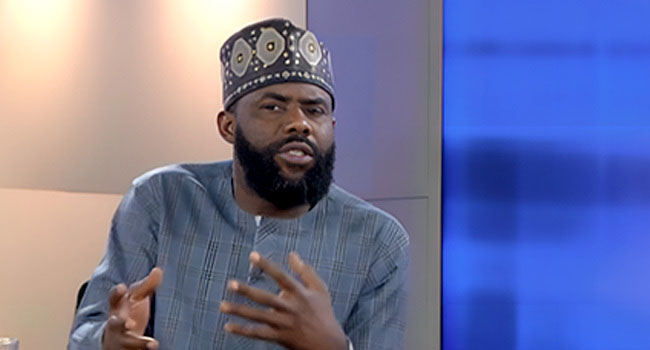Aliyu Audu, Senior Special Assistant to the President on Public Affairs, has said Nigeria’s journey from underdevelopment to economic prosperity demands patience, long-term planning, and collective responsibility.
Speaking on The Beam, a Channels Television programme aired on Monday, Audu stressed that while Nigeria’s challenges are unique, accelerated development is possible if both leaders and citizens commit to bold reforms.
“Nation-building is a process,” he said. “Singapore took 35 years, India took 50, but Nigeria doesn’t have to take that long. We can forge a faster path with the right resolve.”
Acknowledging the Past, Building the Future
Reflecting on Nigeria’s political evolution, Audu admitted to governance failings across administrations but said progress must be a shared responsibility.
“We’ve been in government for 10 years; PDP had 16 years. Regardless of performance, this is our collective history, and we must own it,” said the APC chieftain.
He praised Nigeria’s 25 years of uninterrupted democracy, describing it as a strong foundation for further reforms under President Bola Tinubu’s leadership.
Jobs, Credit, and the Path Forward
Audu expressed optimism about the future, noting initiatives such as the ₦100 billion Nigerian Credit Guarantee Scheme.
“This programme boosts spending power and supports businesses. In four to six years, we expect significant job creation,” he said.
On inflation, he emphasised that improving purchasing power—not just lowering prices—would lead to better living standards.
Confronting Corruption for Economic Health
Audu called for a cultural shift in addressing corruption, urging Nigerians to actively reject it.
“If we remove corruption from our identity, we’ll free up more money for job creation. We must shame corruption and stop hoarding wealth meant to circulate through the economy,” he said.
“Money should move—it creates value only when exchanged. A million naira sitting idle doesn’t grow the economy like a million that has passed through ten hands,” he added.


